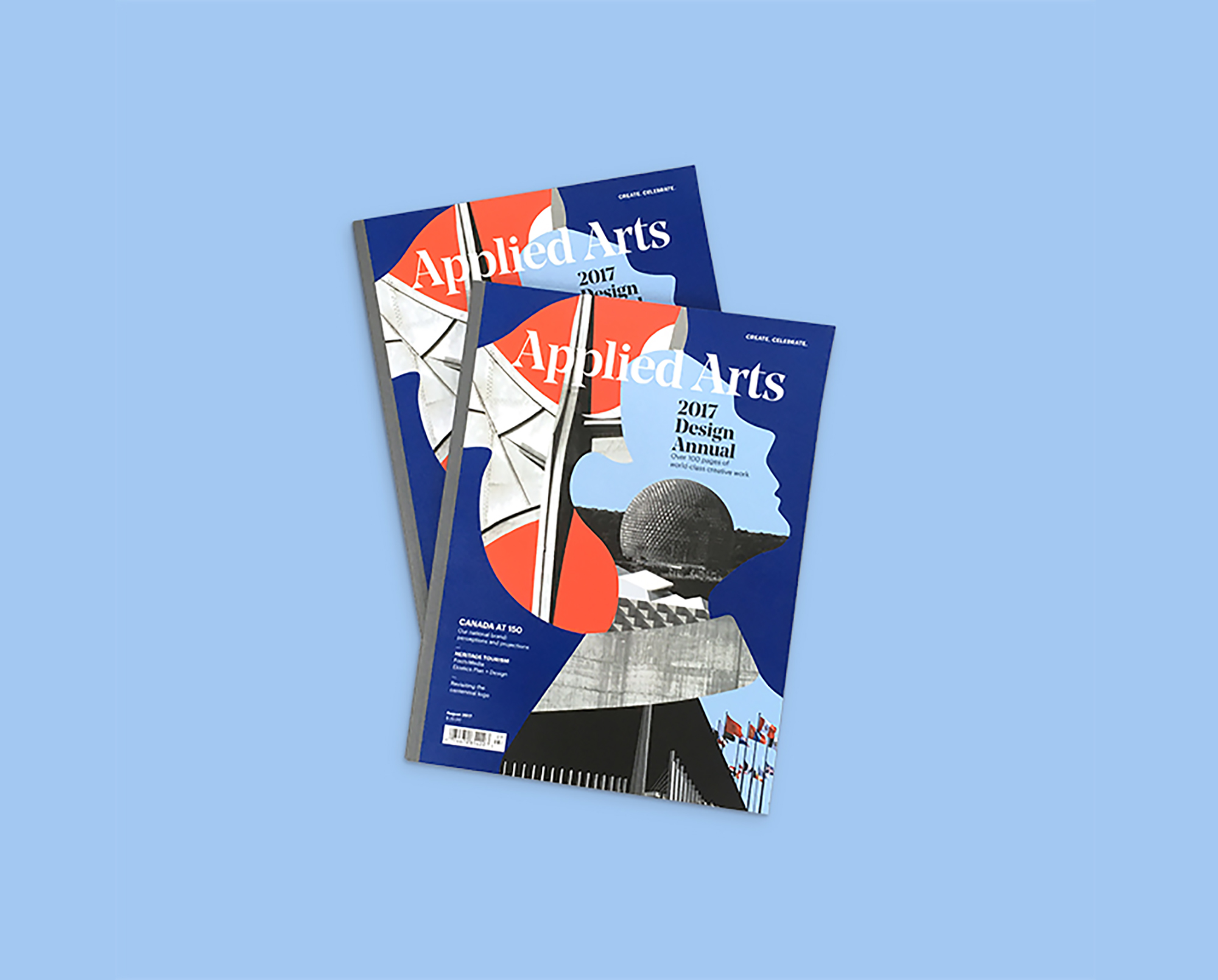
During one of my classes in my first year at OCAD, the instructor posed the question “Why did you choose to get into graphic design?” To which I distinctly recall a classmate responding “Because I want to change the world.” While lacking the BS factor, my motivation was somewhat less noble having chosen design because I wanted to combine my love of art and writing.
That, in combination with not coming from an art-focused secondary school always made me feel like a bit of a fraud throughout my tenure at university. I imagine it’s how hipsters feel when they wear a Ramones tee without ever hearing a single track by the band.
Critique days in design studio classes only served to reinforce my feelings of inferiority as we were required to present projects that we agonized over only to have it ripped apart by fellow classmates for participation marks. Being marked on a bell curve meant the worse your peers did, the better it was for you.
When I did poorly, I took it as incontrovertible proof that I was a fake and not as talented or skilled as my peers. However, when I got top marks in the class, I credited it to sleep-deprived luck or deemed it as a fluke instead of feeling like I earned it.
I didn’t know it at the time but this kind of thinking is textbook Impostor Syndrome.
What is “Impostor Syndrome”?
A phrase coined by psychologists in 1978, “imposter syndrome” refers to the overwhelming fear of being inadequate and experiencing unrelenting self-doubt, resulting in high-achieving individuals feeling like frauds and that their successes are due to external factors versus their own capabilities.
Who does it affect?
Individuals who don’t aim for success never have the opportunity to feel like a fake therefore impostor syndrome is afflicts the high-achieving and ambitious. Those in careers where work is constantly under review by a subjective audience like the creative industry are especially susceptible.
While it affects men as well, it is more prevalent in women. According to Dr. Valerie Young – an internationally known expert, author, and speaker on imposter syndrome – young girls are raised to stifle and doubt their opinions (whereas young boys who are taught to bluff and exaggerate) as well are told on a daily basis that perfection is the ultimate goal.
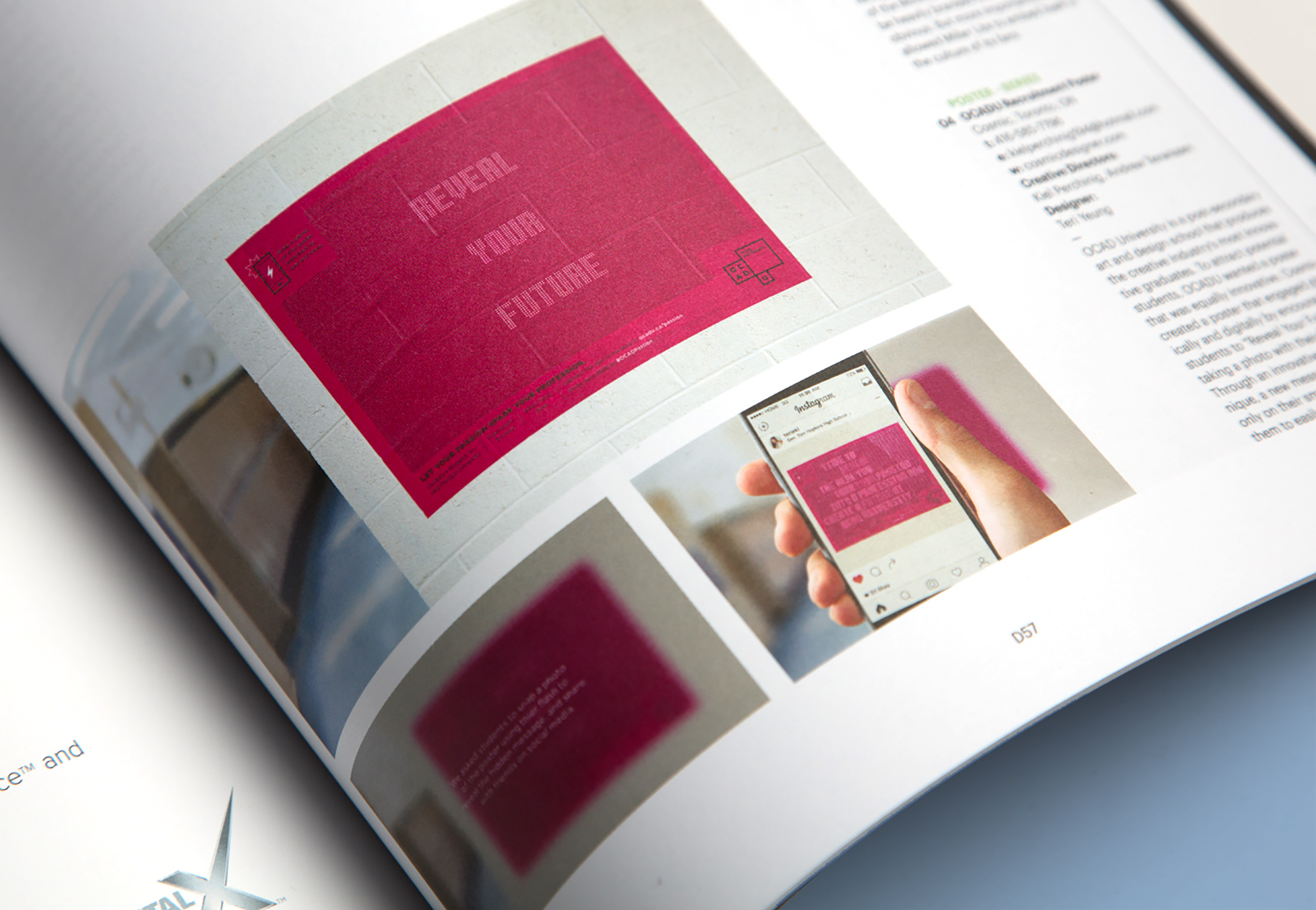
SO what does this have to do with winning an award?
Earlier in the year, I received the exciting news that the flash-activated poster piece that I laboured over for OCAD University had garnered a win in the Applied Arts Design Awards. The reason it means so much to me goes way beyond it being a first for me but having achieved a longtime goal that traced back to my university days.
Before blogs became as widespread as they are now, the only source of design inspiration I had were publication annuals like Applied Arts and HOW Magazine. In between classes and sipping giant Arizona teas for my caffeine fix, I would pore over them from cover to cover, holding it as the golden standard for the best of the best being done by the industry’s top talent.
Young and inexperienced, I thought that maybe if I just could prove myself – win an award and earn a place in the pages among the designers and agencies I admired – that this feeling of fraud would dissipate. That I would finally feel worthy to be considered among the ranks of talented creatives.
Maybe you’re expecting me to say that upon winning an award that my imposter syndrome evaporated like a popsicle sizzling on hot pavement in the summer, that it made me finally realize that I was worthy all along….but it’s not that simple.
As exciting and humbling as it is to be lauded with the likes of notable creatives in my field, it didn’t provide the ultimate validation of my worthiness like I had imagined it would. The award wasn’t an immutable truth or statement about me as a designer or my abilities. It was an honour to be recognized by leaders in my industry but it didn’t have a magical power that erased my insecurities because it is still external recognition that actually initiates impostor syndrome.
What DID affect my impostor syndrome was not the actually winning of an award but the process it took to earn it.
PACKAGE DEAL
No matter how much experience I get, insecurity about my abilities never fails to flare up before every project I undertake. It’s just a matter of accepting that that feeling is part of the process and can actually be used to propel you towards success instead of letting it prevent you from stepping up to a challenge that will help you grow.
BANISH SELF-DOUBT
When I’m by myself, I dither about the merits of my project or whether I made the right decisions. Impostor syndrome wants me to believe that I’m incompetent to silence me but when presenting it to coworkers or clients I have to speak up and defend those choices. The idea I had for the poster was a potentially expensive risk so I had to really fight for it but that only strengthened my conviction and dispelled any lingering self-doubt.
UNCERTAINTY FOSTERS GROWTH
The technique used for the flash-activated poster had only been done once before so I couldn’t rely on Google search. The uncertainty made me more vigilant and determined than usual and I figured out how to make it work. That experience gave me confidence that will bolster me the next time I attempt a something outside of my comfort zone that will only make me a better.
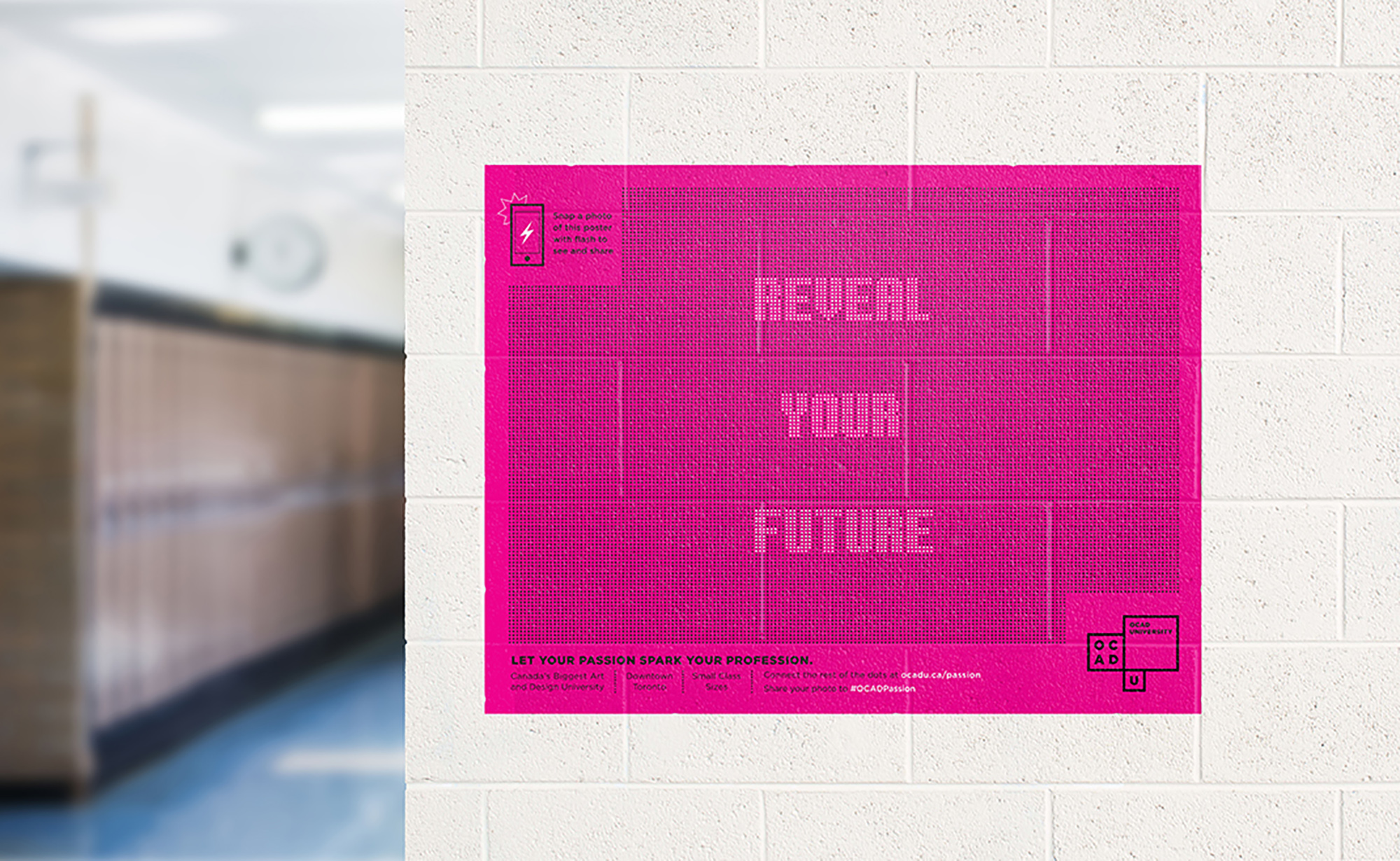
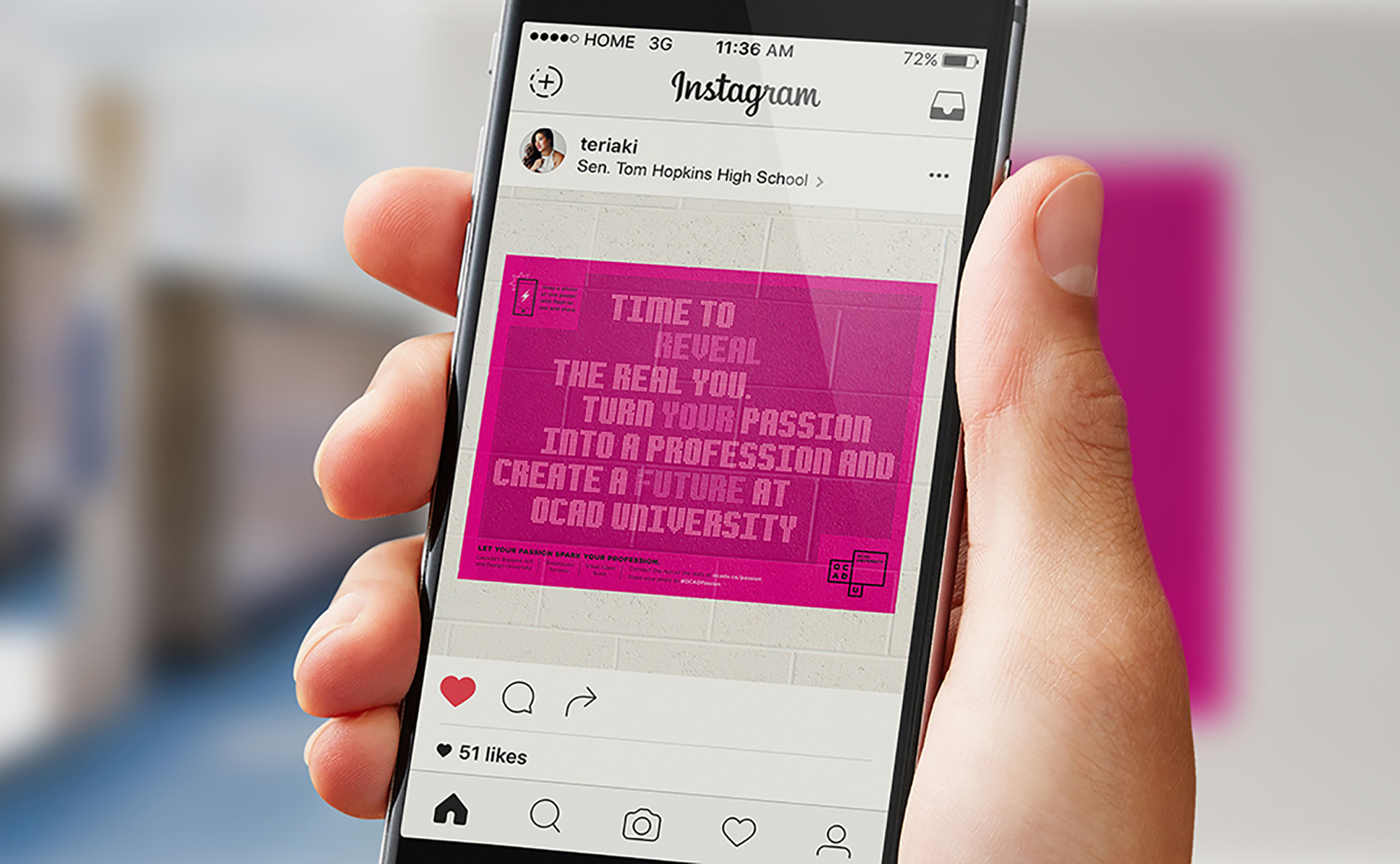
INTERNAL VS. EXTERNAL VALIDATION
Unfortunately, the credits were misprinted in the print publication and my role was listed as designer instead of creative director on the project. It was very disheartening not only because I worked my butt off on the piece but I was upset at myself for BEING upset. Shouldn’t I just be grateful knowing that I won at all? Does it matter what the rest of the world thinks? In the grand scheme of things, it doesn’t matter, I guess, but I had to separate the fixation on the perception from my legitimate right to disappointment.
NO MORE WAITING
An award is essentially a public mark of accomplishment that we wait around for as indicative of our worthiness. While it certainly fancies up my resumé, I want to care more about whether I think I’m worthy instead of waiting around for other people to tell me I am. But that doesn’t mean I’m crazy enough to say no to the honour or forego my happy dance if I get one!
YOU ARE NOT YOUR MIND
Sometimes I still feel like it was all a mistake or a prank and someone is going to revoke the award with an email saying “Gotcha! You aren’t actually good enough.” There is a good chance that I may always feel like that from time to time. All I can do is try to manage it and know that it is just in my head and not reality; that some days I’m going to be riding high and to fake it and forgive myself when I’m not.
Tina Fey has said about impostor syndrome:
“…You just try to ride the egomania when it comes and enjoy it, and then slide through the idea of fraud. Seriously, I’ve just realized that almost everyone is a fraud, so I try not to feel too bad about it.”
At the end of the day, if women as accomplished and successful as Tina Fey, Meryl Streep, and Maya Angelou can experience impostor syndrome, then at least I’m in good company.




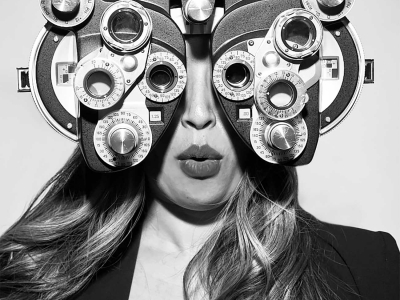



0 Comments